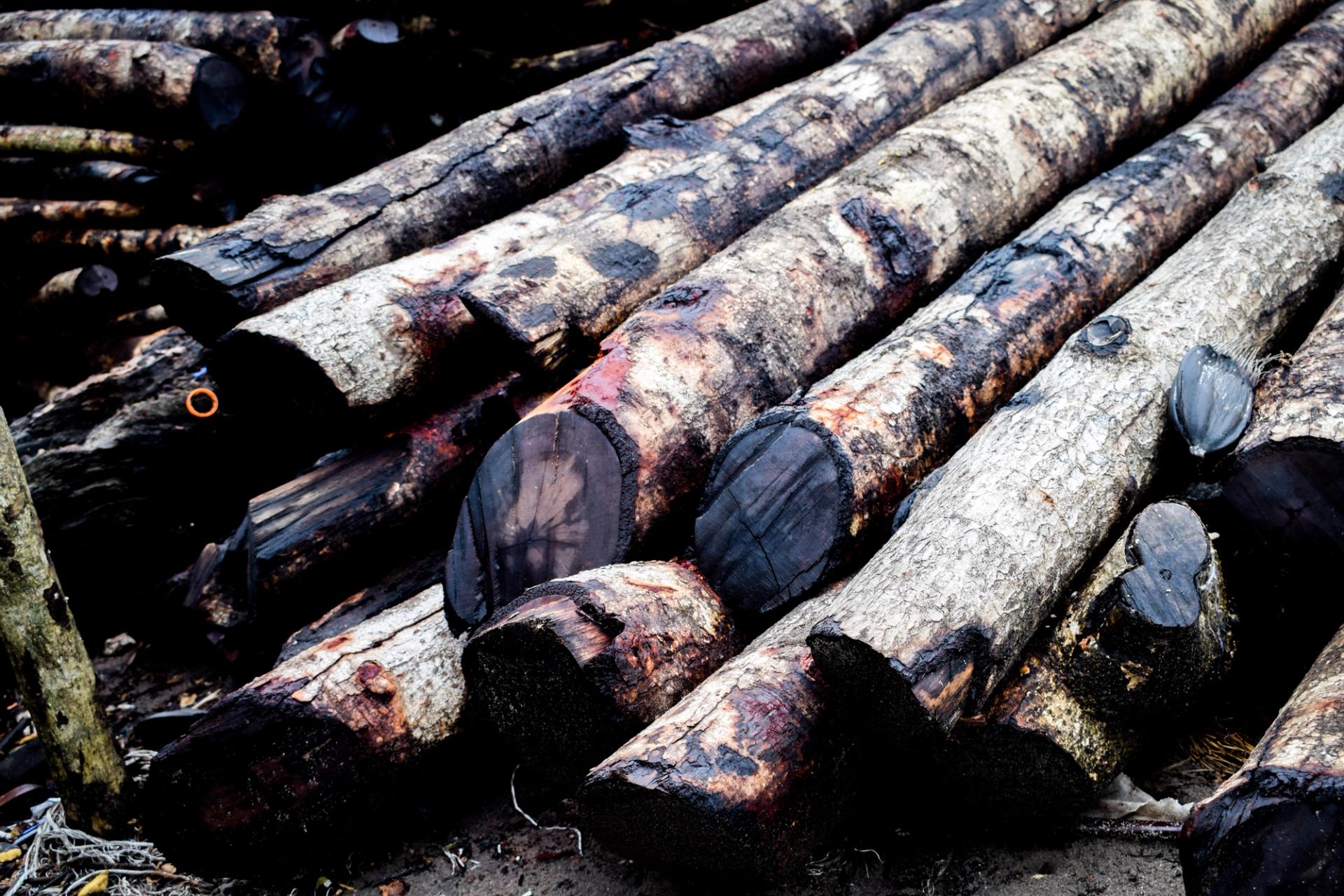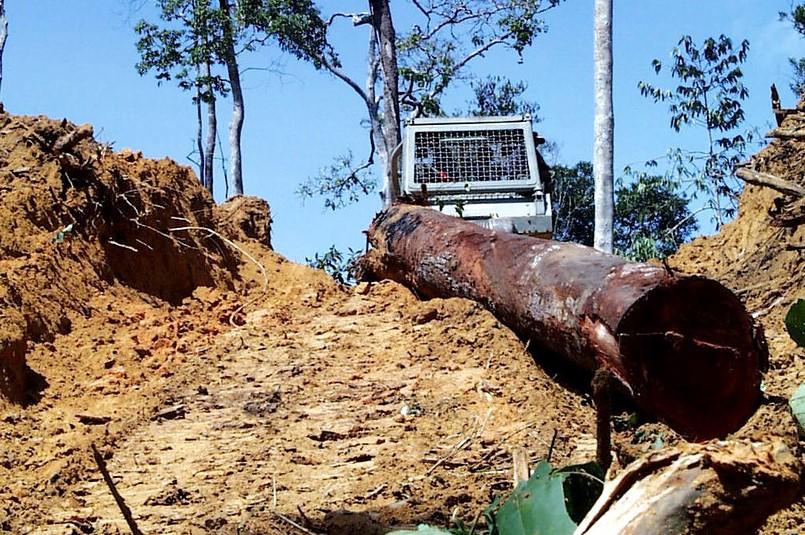Blog
What do we know about anti-corruption effectiveness in renewable natural resources?

Whether anti-corruption efforts achieve ‘real impact’ is a fraught question. Past studies reveal limited evidence of effectiveness at the programmatic or project level. Where targeted anti-corruption projects have met with success, some practitioners have questioned the difference made to the bigger picture, especially in authoritarian contexts.

This content is made possible by the generous support of the American people through the United States Agency for International Development (USAID). The contents are the responsibility of U4 and do not necessarily reflect the views of USAID, the United States Government, or individual TNRC consortium members.
So, what do we really know about anti-corruption effectiveness in renewable natural resource sectors? And what should conservationists do to address corruption, particularly in authoritarian or semi-authoritarian contexts?
U4 recently ran a meta-study with colleagues at the Crawford School of Public Policy, Australian National University. We asked ourselves what the evidence really is for corruption impacts and anti-corruption approaches in forestry, fisheries and conservation, but also in agriculture, extractive industries and irrigation. Here’s what we found.
Unsurprisingly, there is a huge amount of evidence that corruption in renewable resource sectors is systemic. It has major negative environmental and economic impacts which are also expected to result in negative social impacts. Many of the anti-corruption approaches proposed or implemented in these sectors drew on principal–agent theory. This is the idea that a principled actor (eg, a politician, voter, watchdog) – the ‘principal’ – can deter corruption in those carrying out a task or service – the ‘agent’ – by monitoring and sanctioning unwanted behaviour. For example, at the ballot box, via civil litigation, or criminal prosecution.
Research and practical experience from anti-corruption interventions, however, shows these approaches have limited application when corruption is systemic and when the principal is corrupt. Where court case outcomes depend on bribes, or where political power is maintained via patron-client relations, the prospects for sanctioning corruption are typically grim.
This does not mean principal–agent solutions cannot be applied to such contexts. Extra-territorial legislation, such as the US Foreign Corrupt Practices Act, and state-led corruption sanctions regimes, such as the one recently announced by the United Kingdom, can work both to deter and sanction specific corrupt behaviours in natural resource sectors almost anywhere.
But such external sanctions are diplomatically costly to those enacting them and the threshold for pursuing cases tends to be high. So, can more be done by practitioners working day-to-day in natural resource-rich countries?
Our conclusion was that practitioners working in natural resource sectors with systemic corruption should draw to a greater extent on collective action approaches. What does this look like? You can find material on collective action approaches to corruption from the Anti-Corruption Evidence consortium, U4 and the OECD. Common denominators are getting to grips with the deep context of corrupt behaviours (including things like social norms and the way community dynamics are influenced by national and global factors) and working directly with industries, firms, governments, citizens and NGOs to devise solutions to problems previously (sub-optimally) solved by corruption.
We know successful democracies tend to be better at controlling corruption and harm the environment less than their semi-democratic or authoritarian counterparts. With nature in unprecedented decline and global democracy in a perilous state, however, many practitioners are impatient to tackle environmental corruption before it is too late. Luckily, low-hanging fruit does exist. Expanding analysis and near-real-time advice on corruption to conservationists, for instance through a helpdesk such as K4D, could at the very least give a needed boost to project Theories of Change and situational reviews.
Given the political dimensions of natural resource corruption, a major effort is, however, also required to overcome funding and program silos. Conservationists are not alone in confronting environmental corruption. They can and should work both at the global and country level in long-term collaboration with investigative journalists, alliances of indigenous peoples, and colleagues active in the democratic governance, human rights and anti-corruption spaces.
Read more, and find related resources, at the U4 Topic page on renewable resources: Corruption and anti-corruption efforts in forest, climate, and green energy sectors
Disclaimer
All views in this text are the author(s)’, and may differ from the U4 partner agencies’ policies.
This work is licenced under a Creative Commons Attribution-NonCommercial-NoDerivatives 4.0 International licence (CC BY-NC-ND 4.0)

